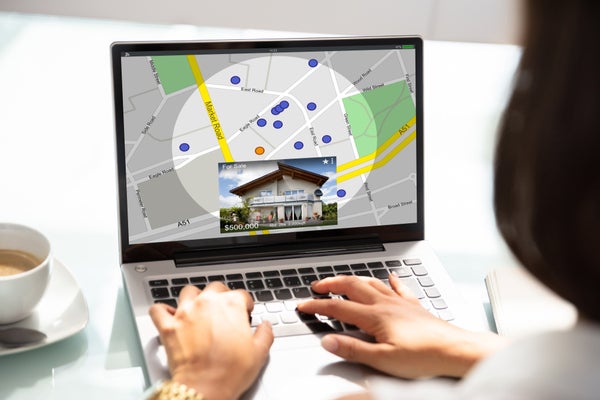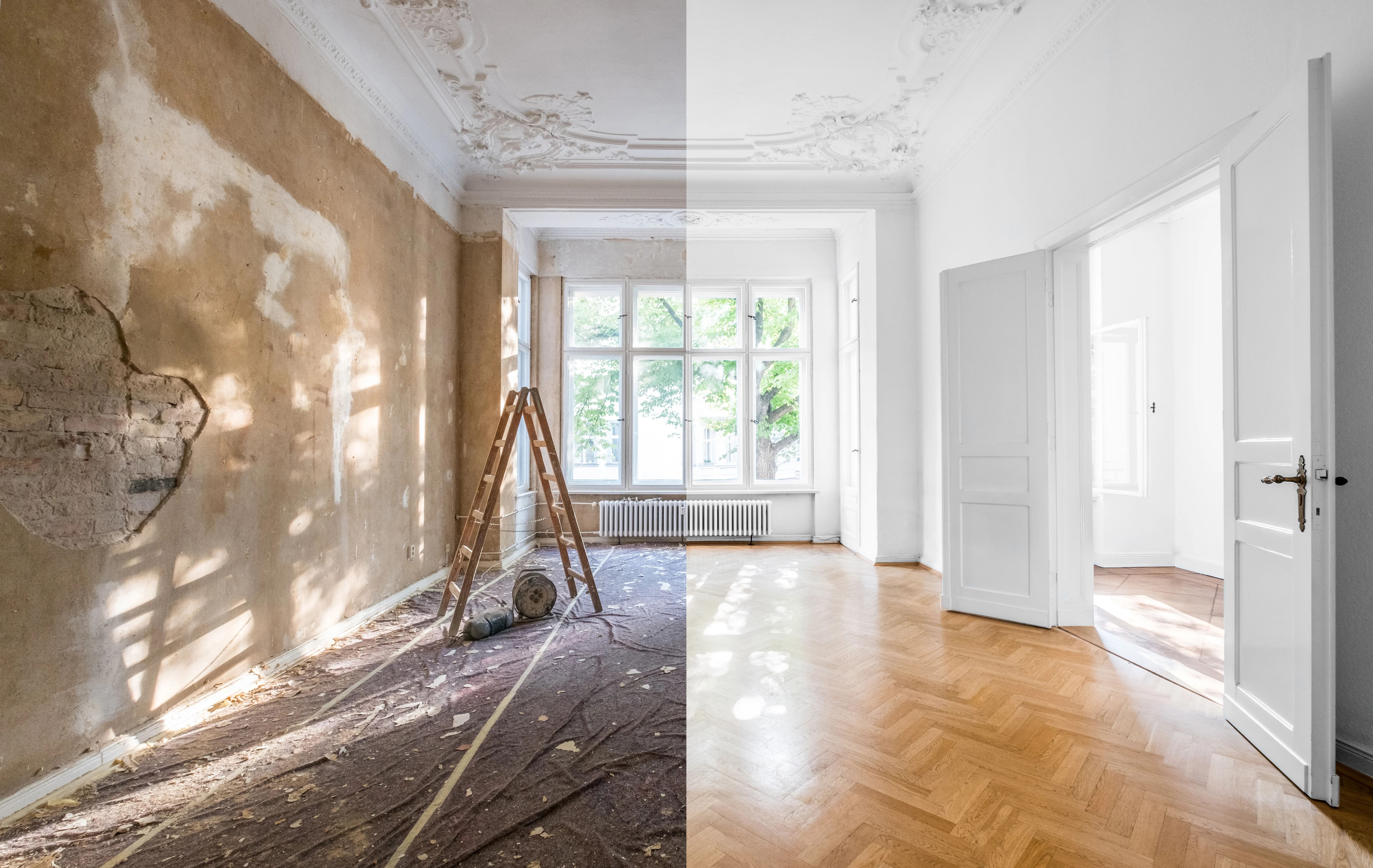1. Get Your Finances in Order
You may be asking yourself “What do first-time homeowners need?” A decent credit score (at least 620) and a down payment are number one. Find your credit score—there are free reputable sites online—and take steps to improve it, if necessary. The higher the score, the less you have to pay in interest.
The next step for first-time home buyers is to determine how much you can comfortably afford to spend on a house and stick to your budget. Most lenders use a debt-to-income ratio that includes your mortgage, property taxes, and homeowners insurance, representing roughly a third of your monthly gross income. Most types of loans for first-time home buyers are made in 30-year and 15-year increments.
Decide how much of a down payment you can afford to make. Requirements vary, but about 10 to 20 percent of the home’s price is generally needed as a down payment to qualify for the best mortgage rates (Federal Housing Authority loans require less). For example, if you’re interested in a $150,000 home, a 10 to 20 percent down payment would be from $15,000 to $30,000.
Another savvy move is getting pre-approval from your lender. This helps you understand exactly how much you have to spend and shows sellers that you are a serious buyer.
Finally, don’t forget about the possibility of free money. There are lots of federal grants for first-time homeowners that may help you purchase your new home. Check grants available in your state to see if you qualify. There are many tax breaks for first-time homeowners too, like mortgage credit certificates, and tax benefits that all homeowners can take advantage of. To qualify as a first-time home buyer, you must not have owned a home in three years—so if you’ve purchased before, don’t consider yourself disqualified. Some disqualifications of grants or tax benefits may be based on income or tax liens, defaulting on a government loan, or foreclosure.
2. Location, Location, Location

Looking at that mansion by the sea, the apartment in the city, or a home in the suburbs that your kids can grow up in? Some good advice for first-time home buyers is to consider your current and future space needs if you plan to stay in your home long-term, school districts, work commuting times, and proximity to activities and places that you enjoy. You may find your dream home, but living in it could take a toll if it doubles your commute time.
Need some more location advice before you buy? Spend some time shopping, dining, or visiting nearby attractions in the areas you are considering living in to see if you feel comfortable and “at home” there.





